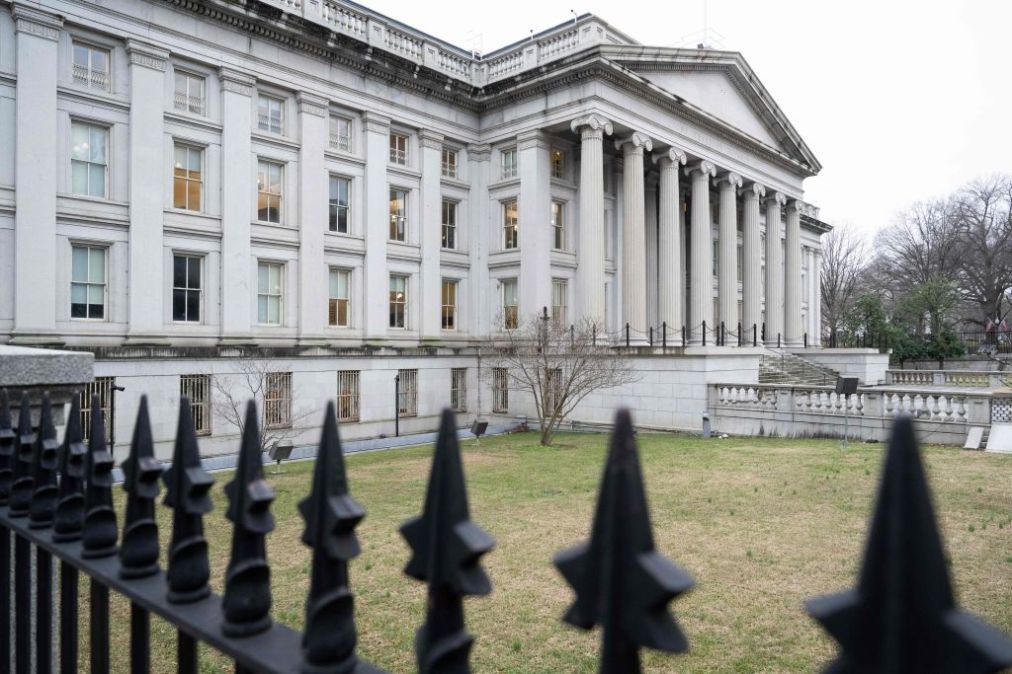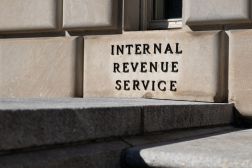Treasury seeks public input tied to Trump’s order on electronic payments

Four months ahead of a deadline to shift the federal government from paper-based payments to electronic methods, the Treasury Department is seeking feedback from the public on how best to approach that transition.
In a request for information published Friday in the Federal Register, Treasury said it welcomes comments from individuals and organizations on the implementation of President Donald Trump’s electronic payments executive order, which was issued in March.
The RFI also offers respondents the opportunity to “make recommendations to increase public awareness to help consumers, including unbanked and underbanked populations, transition to digital payments.”
Treasury is required to phase out paper check disbursements and receipts by Sept. 30, per Trump’s order, covering intragovernmental payments, benefits payments, vendor payments and tax refunds. Additionally, federal agencies will be expected to transition to electronic funds transfer (EFT) methods, including direct deposit, prepaid card accounts and other digital options.
“The continued use of paper-based payments by the Federal Government, including checks and money orders, flowing into and out of the United States General Fund, which might be thought of as America’s bank account, imposes unnecessary costs; delays; and risks of fraud, lost payments, theft, and inefficiencies,” Trump’s order said.
Treasury noted in a press release Friday that the agency is “committed to raising awareness of the growing fraud risks associated with paper checks and providing Americans with the knowledge and tools to fight financial fraud and make informed financial decisions.”
In addition to requesting information from the public on barriers individuals or organizations might face in adopting electronic funds transfer options, Treasury is also interested in alternatives to EFTs when they’re unavailable, and examples of private-sector campaigns that have successfully facilitated related transitions.
Under Trump’s order, the Treasury secretary has an active role in coordinating with other agencies and spearheading a public awareness campaign. The RFI seeks suggestions on potential partners, communications tools and general strategies to best get the word out.
A portion of the RFI also asks for submissions on preferred EFT methods, such as “direct deposit, debit and credit card payments, prepaid card accounts (such as Direct Express), digital wallets and real-time payment systems, and other digital payment options.”
Comments on the RFI are due back to the Treasury Department by the end of next month.





